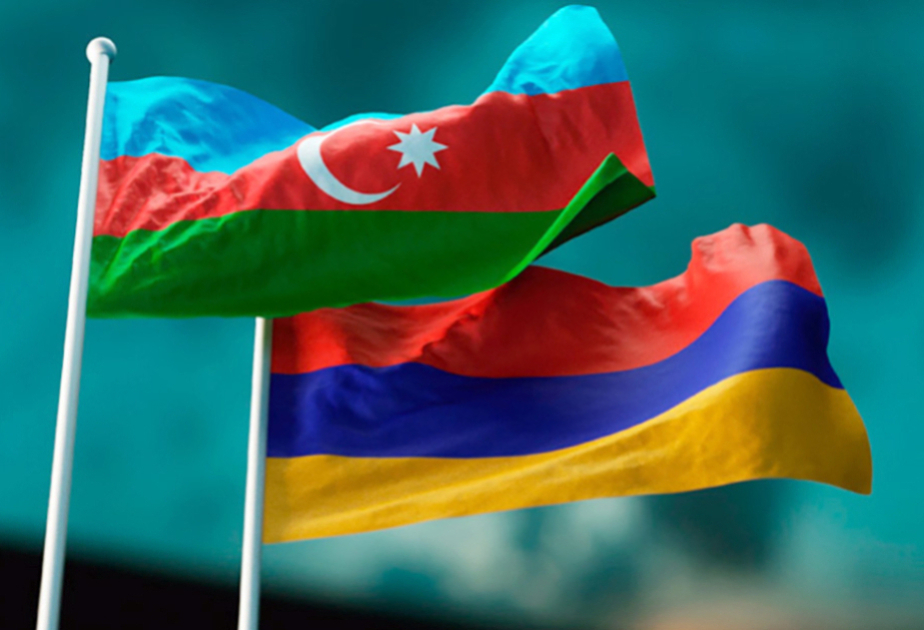BAKU, Azerbaijan, August 6. As prospects for a peace deal between Armenia and Azerbaijan become more tangible, Armenia's pro-Russian opposition is facing a political reckoning. For years, this camp—centered around figures like former President Robert Kocharyan and the remnants of the so-called “Karabakh clan”—has drawn strength from a state of unresolved conflict, weaponizing insecurity and geopolitical tension to retain relevance. But that window may be closing fast.
A shifting narrative
Just days ago, Robert Kocharyan appeared on Armenian television, posturing as a statesman-in-waiting and framing himself as Armenia’s only true defender. With a familiar tone of disdain for the current leadership, Kocharyan used the airtime to promote Moscow as Armenia’s only viable strategic partner. In doing so, he effectively acknowledged where his marching orders come from. But this time, something felt different: his words fell flat.
Almost simultaneously, whispers began circulating about the imminent signing of a peace framework between Armenia and Azerbaijan. The Armenian government made its first cautious public comments. Baku remained silent, but the air had shifted. The old opposition, once fueled by revanchist rhetoric, now finds itself caught off guard—and without a script.
Peace as an existential threat for opposition
For Kocharyan and his allies, peace is not just politically inconvenient—it’s existentially threatening. Their entire narrative has been built around conflict, grievance, and the promise of “restoration.” The moment peace arrives, this narrative collapses. With open borders, restored communication routes, and normalized relations, Armenia may finally begin to breathe economically and socially. That’s bad news for those who’ve profited from political suffocation.
The opposition’s ideal scenario was clear: oust Prime Minister Nikol Pashinyan first, then negotiate peace—on their terms, with conditions. That window has now likely closed. The longer Pashinyan stays in power, the closer Armenia comes to a geopolitical realignment that will make the opposition's old playbook obsolete.
A losing battle for influence
Polling data further undercuts Kocharyan’s confidence. According to recent figures from the International Republican Institute, Kocharyan commands a mere 4% public support. Foreign Minister Ararat Mirzoyan polls slightly higher at 5%. Pashinyan still leads the pack with 13%—not overwhelming, but far ahead of his rivals.
Notably, the public’s lack of enthusiasm for the old elites extends beyond Kocharyan. Serzh Sargsyan, Seyran Ohanyan, and other figures from the previous regime no longer carry the influence they once did. Their criminal cases and political marginalization haven’t stirred mass protest—they’ve barely registered with the broader public.
Yet Kocharyan still clings to selective polling data, claiming that the public doesn’t trust Pashinyan or support peace. It's a narrative tailored less for Armenians and more for an audience in Moscow—an audience that increasingly sees the South Caucasus through a different lens.
The myth of a popular uprising
Since 2020, Armenia’s opposition has tried to capitalize on wartime trauma to unseat Pashinyan. It failed in the immediate aftermath of the war and failed again after the September 2023 clashes. Even the mass voluntary relocation of Armenians from Karabakh did not provide the groundswell of discontent the opposition hoped for. Instead of sparking unrest, most of these displaced individuals turned inward, focusing on resettlement rather than political mobilization.
Attempts by fringe figures like Vahe Zrbasyan to organize mass demonstrations yielded only a modest turnout. It’s clear: the Armenian public is tired—not just of war, but of those who promise to restart it.
A game that can’t be won
Kocharyan and his circle misread the moment. Their belief that the West would tolerate or even endorse another anti-government uprising after a peace agreement is deeply flawed. If peace is signed on Western ground, with international backing, any revanchist uprising will be seen for what it is—a Russian proxy play. And the international community is unlikely to indulge it.
Russia, for its part, may still offer rhetorical support. But military backing? That’s unlikely. This isn’t the early 1990s. Moscow has its own geopolitical fires to manage, and Armenia no longer sits at the center of its strategic map.
The end of an era
Armenia’s pro-Russian opposition is discovering that time—and public sentiment—is no longer on its side. The Karabakh conflict once offered political capital, a convenient justification for authoritarianism, economic stagnation, and dependence on Moscow. Those days are over.
If peace is achieved and relations normalize with Azerbaijan, the rewards for Armenia could be profound: open borders, renewed trade, diversified partnerships. But for the revanchists, it will mean political irrelevance.
In a recent post, political analyst Suren Surenyants summed it up bluntly: “The Hayastan Bloc is practically ineffective. Samvel Karapetyan’s power has not yet been born. And the ‘fundamental change’ in the political arena is still awaiting real actors, not pretenders.”
The Armenian opposition has spent years putting on a performance. But now the curtain is falling. And peace—not war—may be its final act.







